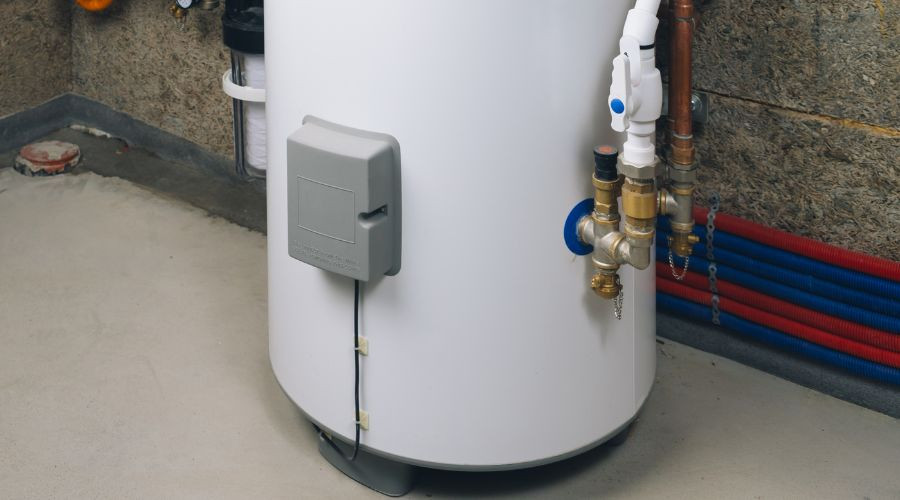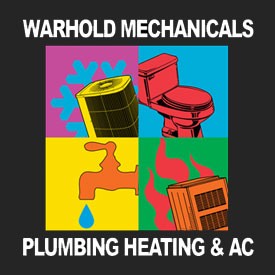Pros and Cons of Electric and Gas Water Heaters
When it’s time for a water heater installation and homeowners must choose between installing an electric or gas water heater, there are several factors to take into consideration, as well as different pros and cons for each. This post will share the advantages of gas water heaters and electric water heaters, as well as some factors to consider before installation, so that homeowners can choose the best option for their home.
Gas Water Heaters
 A gas water heater has several benefits over electric models, including heating water faster than their electric counterparts, which makes them great for households with more hot water needs. Gas water heaters also typically cost less to operate. These lower operating costs stem from natural gas being cheaper than electricity in most regions.
A gas water heater has several benefits over electric models, including heating water faster than their electric counterparts, which makes them great for households with more hot water needs. Gas water heaters also typically cost less to operate. These lower operating costs stem from natural gas being cheaper than electricity in most regions.
However, gas water heater installation comes with notable safety risks and considerations, including the potential for gas leaks. These units also require proper ventilation systems to prevent the buildup of carbon monoxide indoors, as well as the need for gas hookups.
Electric Water Heaters
 An electric water heater also offers some compelling advantages, including being more affordable to install. So, although they cost more to operate than gas water heaters, an electric water heater installation will cost less upfront. Additionally, electric water heaters have fewer safety concerns due to running on electricity rather than natural gas.
An electric water heater also offers some compelling advantages, including being more affordable to install. So, although they cost more to operate than gas water heaters, an electric water heater installation will cost less upfront. Additionally, electric water heaters have fewer safety concerns due to running on electricity rather than natural gas.
However, the lower upfront investment comes with notable long-term trade-offs. Operating costs are higher, with slower water heating times, and the system is not functional during power outages and blackouts due to its reliance on electricity. Electric water heaters become completely non-functional without power, unlike gas units with pilot lights that can continue operating.
Factors to Consider Before Installation
Several critical factors can influence a homeowner’s choice between installing an electric or gas water heater, beyond simple operating costs or installation costs. The home's existing infrastructure, local utility reliability, and personal safety preferences can all play a role in determining the most suitable option.
If a household experiences frequent power outages, it can create a compelling case for installing a gas water heater. Unlike electric models, most gas units can continue operating during electrical failures. However, gas water heater installation requires natural gas lines, hookups, and proper ventilation. Therefore, the installation process of a gas water heater will be even more expensive if the house has never had a gas water heater before, as it requires running a new gas line and installing proper venting.
Safety considerations can also play a factor for cautious homeowners and may sway them more toward installing an electric water heater. Gas appliances carry inherent risks of carbon monoxide exposure and potential gas leaks. Consider the household's hot water usage patterns as well, as larger families may benefit from the faster recovery rates of gas units. In contrast, smaller households may find electric models perfectly adequate for their daily needs.
About Warhold Plumbing, Heating and Air Conditioning
Warhold Plumbing, Heating and Air Conditioning has more than 25 years of experience serving the Greensburg community. They provide straightforward pricing, personalized service, and no mess left behind. Call them for water heater installation services in Greensburg, PA.






